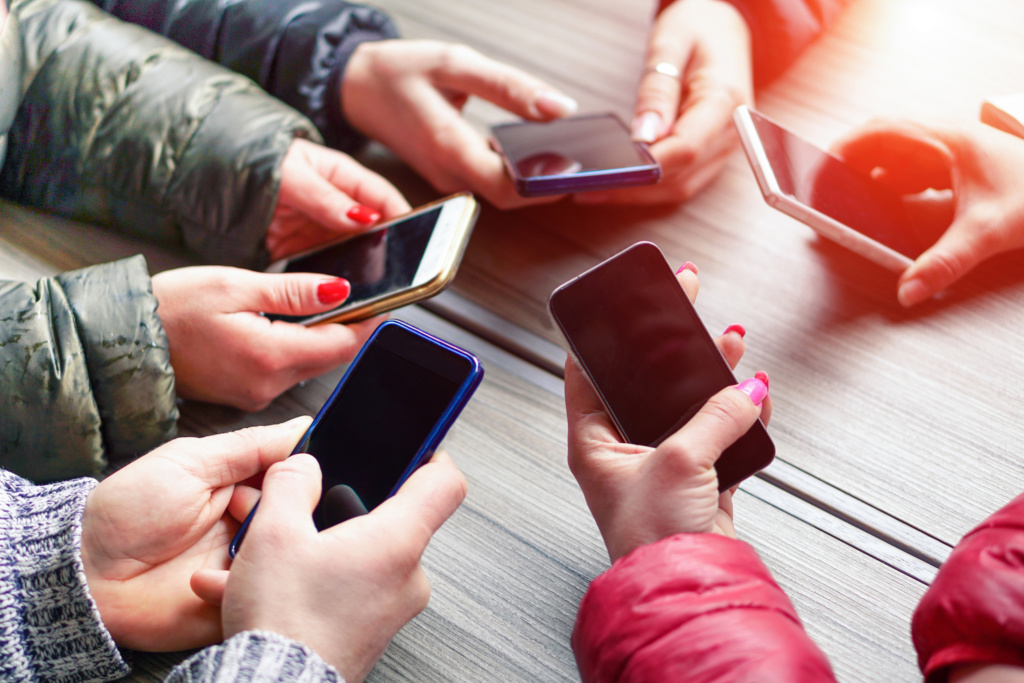
The world of technology and education in the UK is fraught with contradictions and assumptions that both demonise and exploit young people. On the one side, the DfE school standards minister Nick Gibb is claiming that ‘schools should ban their pupils from bringing smartphones into school or the classroom’, implying that teens are unable to regulate their behaviour and should therefore be punished. From another side, the DfE is taking advantage of the reach of social media, using Snapchat to advertise undersubscribed GCSEs to teens.
Headlines expound on how students are leaving school without the tech skills to be useful in the workplace and yet leaders are promoting reactionary approaches to technology, ones that equate technology with misconduct.
Schools now have infrastructure in place that allows for a range of devices to be used—this was just a dream not too long ago. Personalised learning is ubiquitous and adaptive technologies are increasing the abilities of students who have learning difficulties or needs. Smartphones have an important place in revision for many students and the potential of social networks is being harnessed in many positive ways to help students connect, communicate and think in a variety of contexts. The clearly positive effects of digital technology are paramount and are being seen in every aspect of education.
It does seem that the attack on tech in schools is not directed at these kinds of positive changes, but instead to the unknown aspects of arena of social media. Young people use it in their free time (and therefore it is a good way to target teens for advertising purposes), and, as a form of communication, they are using it in ways that are sometimes different from how the older generations use it. And, because it’s hard to monitor exactly what teens are doing on their individual devices, smartphones and social media have become a perfect culprit on which to blame all the problems that plague teenagers today.
It is actually very hard to really gauge exactly what the impact social media is having on your young people. We hear regularly that social media is creating cultural and political echo chambers and causing a mental health crisis for young people. Every social ill is now blamed on social media and there is a palpable moral panic aimed at young people, with headlines even suggesting that young people are growing ‘devil’ horns from their unbridled social media consumption.
But in all actuality, despite the repeated calls for bans on social media technology in schools, this panic is not justified by the latest research. A recent study published in the science journal Nature has shown that the amount of variability in mental health that is accounted for by kids’ social media use is less than half a per cent, making it about the same as wearing glasses or eating potatoes. Likewise, the research on echo chambers and social media does not bear out our fears—the proportion of the population who might find themselves in a social-media induced echo chamber is marginal, and in fact, most people, especially those who are interested in politics, are exposed to diverse media, perhaps even more so than in previous decades when governments or media companies had more control over the dissemination of information.